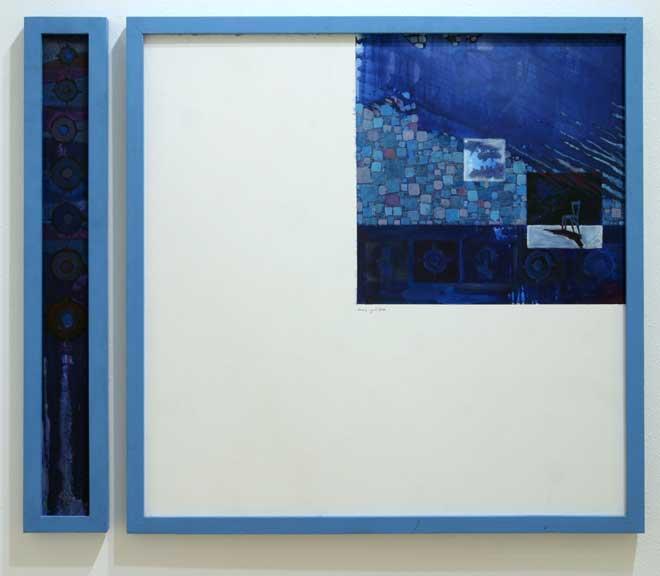
This research cluster brings together faculty and graduate students for critical and cross-disciplinary conversations and activities concerning the cultural, political, and economic situation of Palestine and its framing in U.S. academic and public spheres. With a focus on pedagogy and public discourse, we explore the discursive structures that limit the conditions of debate on this topic and how these structures reveal the relationship between knowledge, power, and politics. More importantly, this cluster aims to imagine and cultivate new possibilities for sustained, open, and critical exchange about controversial subjects.
We start from the premise that not all controversies, or topics of marked political disagreement, are framed or produced as controversial – that is, as especially inflammatory and therefore as requiring a particular set of protocols to manage the conversation. From this vantage, Palestine might well be taken as a paradigm of the controversial topic. By controversial topic, we mean not simply one of the myriad topics on which people routinely and adamantly disagree. Rather, what characterizes this kind of controversy is the idea that exposure to some of the claims, remonstrances, and aspirations of one group is injurious to the well-being of another, such that the very presentation of this group’s perspective breaches norms of sensitivity and civility.
For example (as our first invited speaker, high school teacher Jon Greenberg, explored in his January lecture), a curriculum focused on racial inequality in the Seattle Public Schools, praised for many years, recently became controversial after a white student complained that she felt targeted and uncomfortable when students of color shared their experience of racial profiling. Similarly, when critical perspectives on the policy of the Israeli state vis-à-vis the Palestinians are framed as damaging to the identity and safety of Jewish students, then any curriculum inclusive of Palestinian experience becomes deeply controversial and thus suspect. As one result, those who teach the perspectives of Palestinians on their own history, present, and possible futures are routinely charged with “one-sidedness” and anti-Israeli or anti-Semitic bias.
As educators, we are interested in analyzing how the production of controversy often forecloses a deliberative approach to the topic of Israel/Palestine and how the possibility of open and transformative inquiry might be established. We seek to develop a critical vantage point on the dominant ways in which the “sides” to the conflict are constructed in the institutions of public life, including the media and the academy. Like most of our peers in the humanities and social sciences disciplines in which we are trained, we embrace the view that knowledge and therefore scholarship is never simply “neutral” or apolitical. But our aim in this collaborative study of political culture is to move outside the established terms of public debate on Palestine in order to critically evaluate those terms and thus understand how, to what effects, and at what price the parameters of debate have been set.
To that end, we invited our second speaker, Omar Barghouti, to help us think through how public debate on the topic of the Boycott, Divestment, and Sanctions movement is currently structured. Rather than advocate, we asked Barghouti to put BDS in context -- to explain how the movement was conceived, what the organizers understand as the relevant historical precedents for this form of activism, and how they would assess the reception of BDS to this point. In lieu of a lecture hall, we chose a venue that allowed the audience to sit and converse around small tables. Our aim in selecting this venue was to see if we could turn question-generation into a process of inquiry informed by the multiple perspectives brought to each table, rather than (as it usually transpires) an interval where individual audience members pose sympathetic or hostile questions they would have asked before hearing the talk or engaging with their table mates. As many of the attendees affirmed, the event was notably successful in this regard. At one table, for instance, a question from one participant about why Barghouti wants to see the destruction of Israel, after discussion, turned into: "How do you address concerns that a one-state solution would threaten the existence of Israel, and how do you envision a possible framework for co-existence?" We take this as an affirmative example of the way that interrogating and reconsidering the dominant framing of controversial subjects can produce generative contexts for open, critical and civil exchange.
Image: Hani Zurob, My Eye and the Other, from the series "I Tell You No, It Means No," acrylic on canvas and wood, 37 x 6” and 37 x 37”, 2002.
_________________________________________________________________________________________________
Read the South Atlantic Quarterly's special issue, "Palestine beyond National Frames: Emerging Politics, Cultures, and Claims," featuring articles from various research cluster members